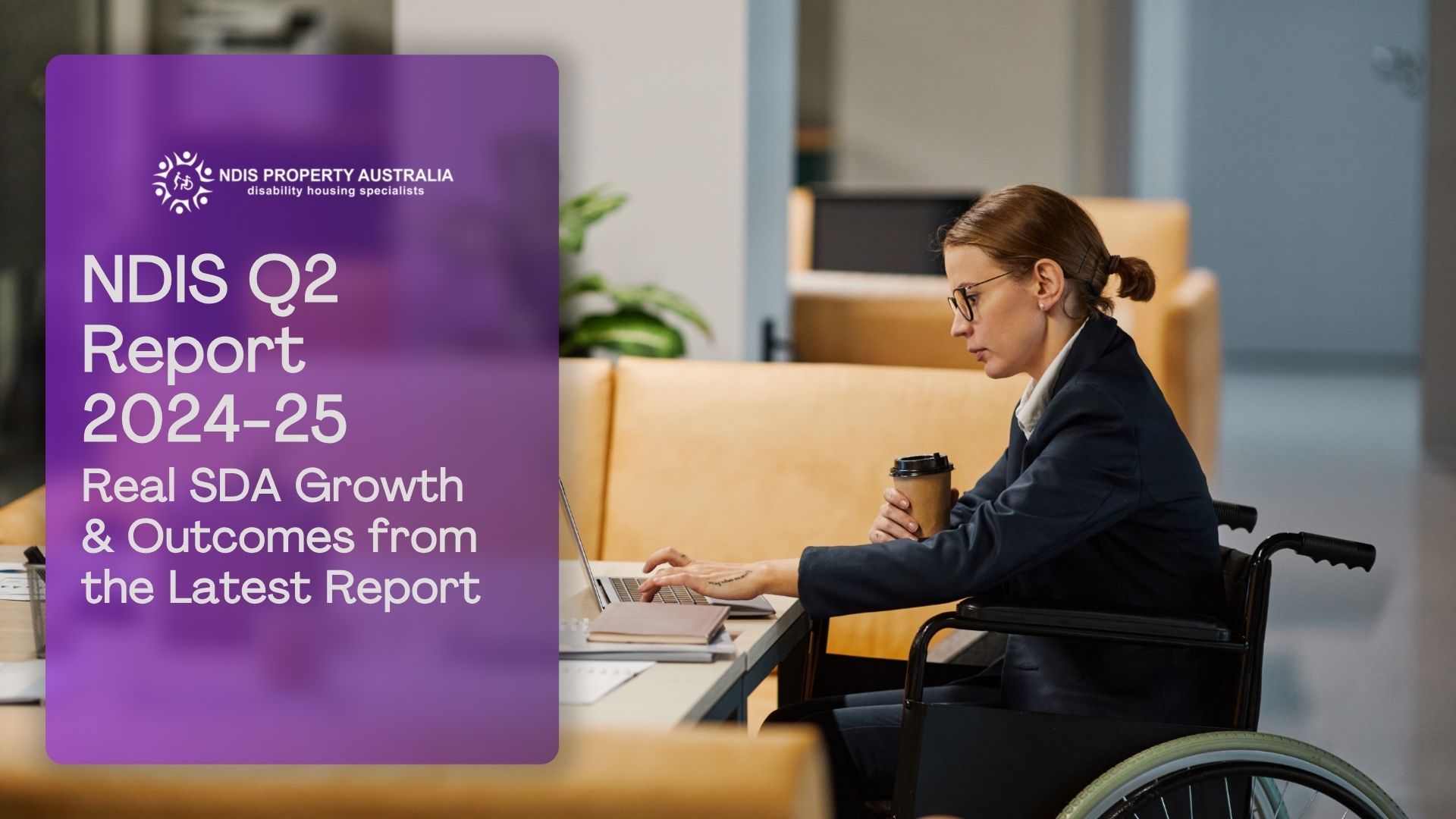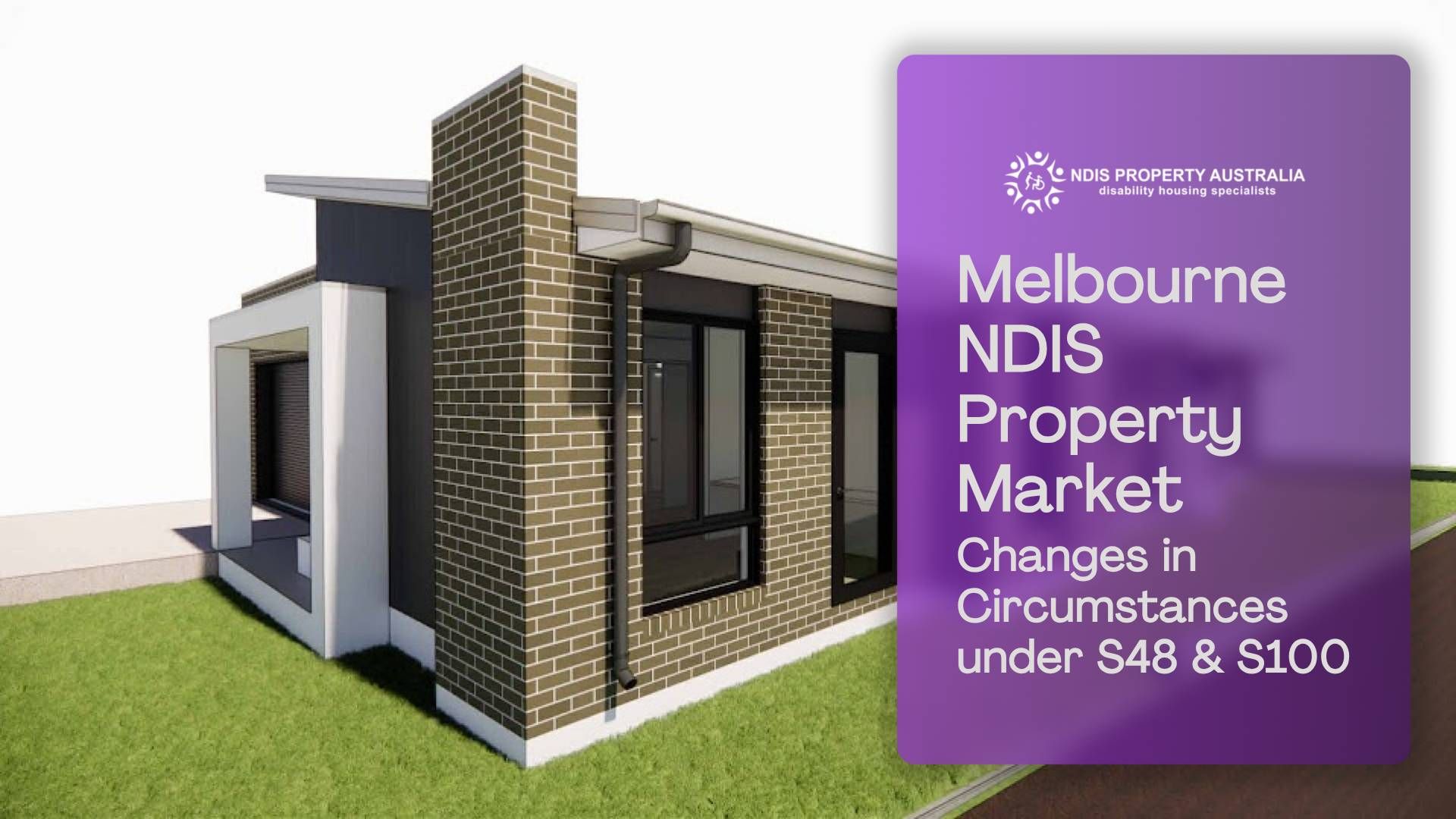NDIS Property Investment: Realities and Risks You Need to Know
Specialist Disability Accommodation (SDA) has become a key sector in property investment, driven by the National Disability Insurance Scheme (NDIS). This rapidly expanding field is attractive due to its potential for stable, government-funded returns and the chance to contribute positively to society.
As the demand for SDA (Specialist Disability Accommodation) grows, some investors are left grappling with empty properties and significant financial losses. The recent headlines from the Financial Review article “Investors Hung Out to Dry as NDIS Housing Schemes Fail” about investors losing hundreds of thousands due to failed SDA schemes highlight a growing issue.
With funds failing to attract tenants and properties remaining vacant, the promise of lucrative returns on NDIS property investments is starting to crumble. This situation raises critical questions about the viability of SDA investing and whether the risks outweigh the benefits.
Read also: An Outlook for SDA Homes & insight for Investor
The Reality of SDA Property Investment
Recent reports have exposed rising concerns about regulatory compliance, fluctuating market demand, and increased maintenance costs. The Specialist Disability Accommodation (SDA) sector has recently come under scrutiny, highlighting challenges facing investors. In Melbourne one fund has approximately 14 properties sitting empty in Melbourne’s Western suburbs.
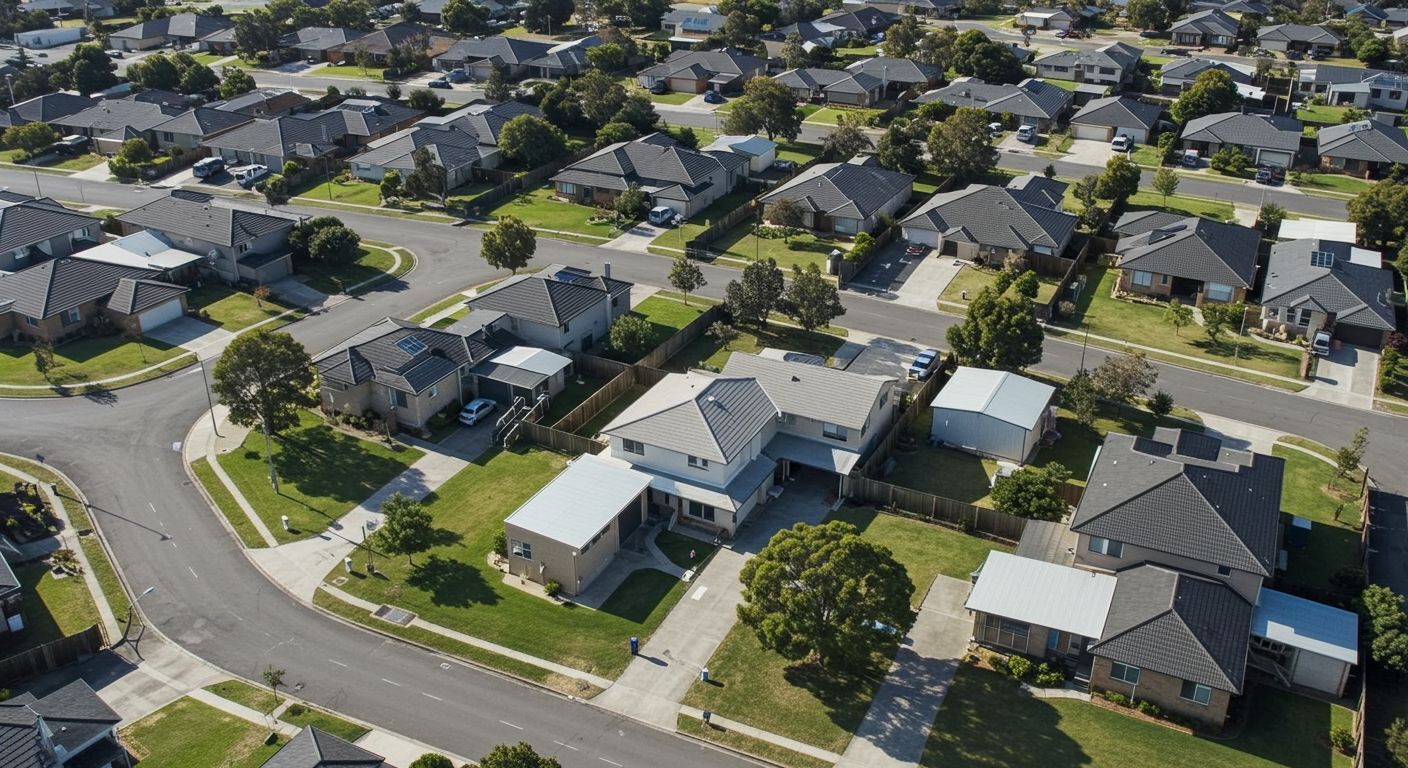
This is due to an oversupply of NDIS properties in the area as well as the properties themselves being an inferior design. It also raises concerns about a lack of suitable tenants in the future. Discrepancies between builders, developers, and investors in SDA properties have emerged, indicating communication gaps.
The proliferation of SDA properties underscores the significance of investors understanding these realities before making investment decisions. Here’s a straightforward look at what’s really involved:
High Initial Costs and Financial Pressure
SDA property investment demands significant upfront expenditure. Beyond the build price, you’ll face high land costs due to the requirement for properties in expensive, established, inner-city locations.
Additionally, as the whole SDA market is based on the Choice and Control of the participants, who can decide where they wish to live, it is always advisable to include upgrades and future-proofed inclusions to attract tenants with the right funding levels. Such financial commitments can put considerable pressure on your budget and require careful planning to avoid strain on your finances.
Stringent Compliance and Regulatory Burdens
The SDA sector is tightly regulated. Making sure your property meets all compliance requirements involves following all regulations. Failure to build to these standards can lead to the property not being compliant, and not being enrolled as an SDA dwelling. The onus is on the builder to ensure compliance is met and an experienced SDA assessor is engaged.
Unpredictable Market Demand
Demand for SDA properties is not static. While there is growing need for such accommodations, fluctuations in government policy and changes in funding can impact occupancy rates. Market conditions can shift, potentially leaving your property vacant or less profitable than anticipated. This uncertainty means investors must be prepared for changes in demand and plan accordingly to maintain steady cash flow.
Increased Maintenance Needs
Due to the specialised nature of SDA properties, maintenance may be more demanding compared to conventional rental properties. Adaptations made for accessibility require ongoing upkeep, which can lead to higher maintenance costs. Additionally, property management involves understanding and catering to the specific needs of tenants with disabilities.
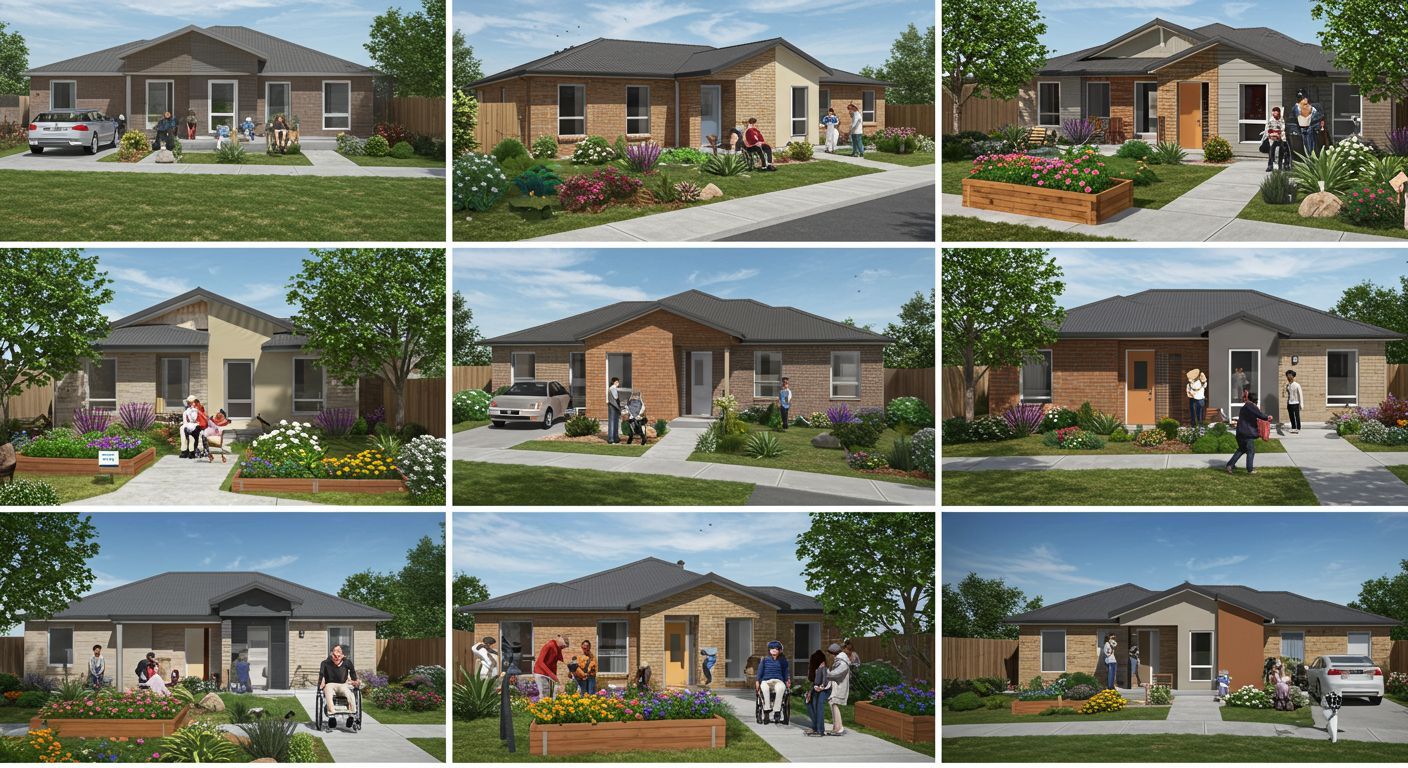
Considering Pros of Investing in NDIS Properties
Despite the challenges, there are compelling reasons to consider NDIS property investment. Here’s a rundown of the key benefits:
Higher Rental Income
One of the main advantages of investing in NDIS properties is the potential for higher rental income. With the NDIS funding scheme, you receive payments directly from the government, which are higher and more consistent compared to traditional rental income. This stability can provide a strong foundation for your investment, especially in comparison to the unpredictable nature of other property markets.
Growing Demand for Disability Accommodation
There is a rising demand for high-quality SDA housing solutions as the NDIS continues to expand and older institutional type disability accommodations are phased out. This increasing need creates opportunities for investors to enter a growing market with substantial long-term potential. As more individuals with disabilities seek suitable accommodation, your investment could benefit from an expanding tenant base.
Read also: How to Maximise Your SDA Housing Investment
Tax Advantages and Incentives
There are potential tax benefits associated with investing in properties that are compliant with NDIS requirements. These can include deductions for property modifications and depreciation. Additionally, government incentives might be available for properties that meet specific accessibility standards.
Long-Term Investment Stability
SDA properties generally attract long-term tenants due to the specialised nature of the accommodation. This leads to greater stability and a far lower tenant turnover, reducing the costs and disruptions associated with frequent tenant changes. The stability of having long-term tenants can contribute to a more predictable and secure investment outcome.
Practical Tips for Investors
Be Sceptical of High Projections: Approach high rental yield projections with caution and seek validation from independent sources.
Focus on Quality and Compliance: Prioritise properties that offer high-quality living conditions and not only meet, but go far beyond all minimum standards, which have been proven inadequate.
Understand Funding Sources: Be clear on how participant funding works and how it impacts rental returns.
Plan for Variability: Prepare for a range of outcomes by considering different funding and tenant scenarios.
Seek Professional Advice: Engage with financial, legal, and SDA property experts to make strategic choices that align with current and future market conditions. Regularly reviewing and analysing this data ensures that your investment strategy remains relevant and effective.
Ready to Invest in SDA Housing?
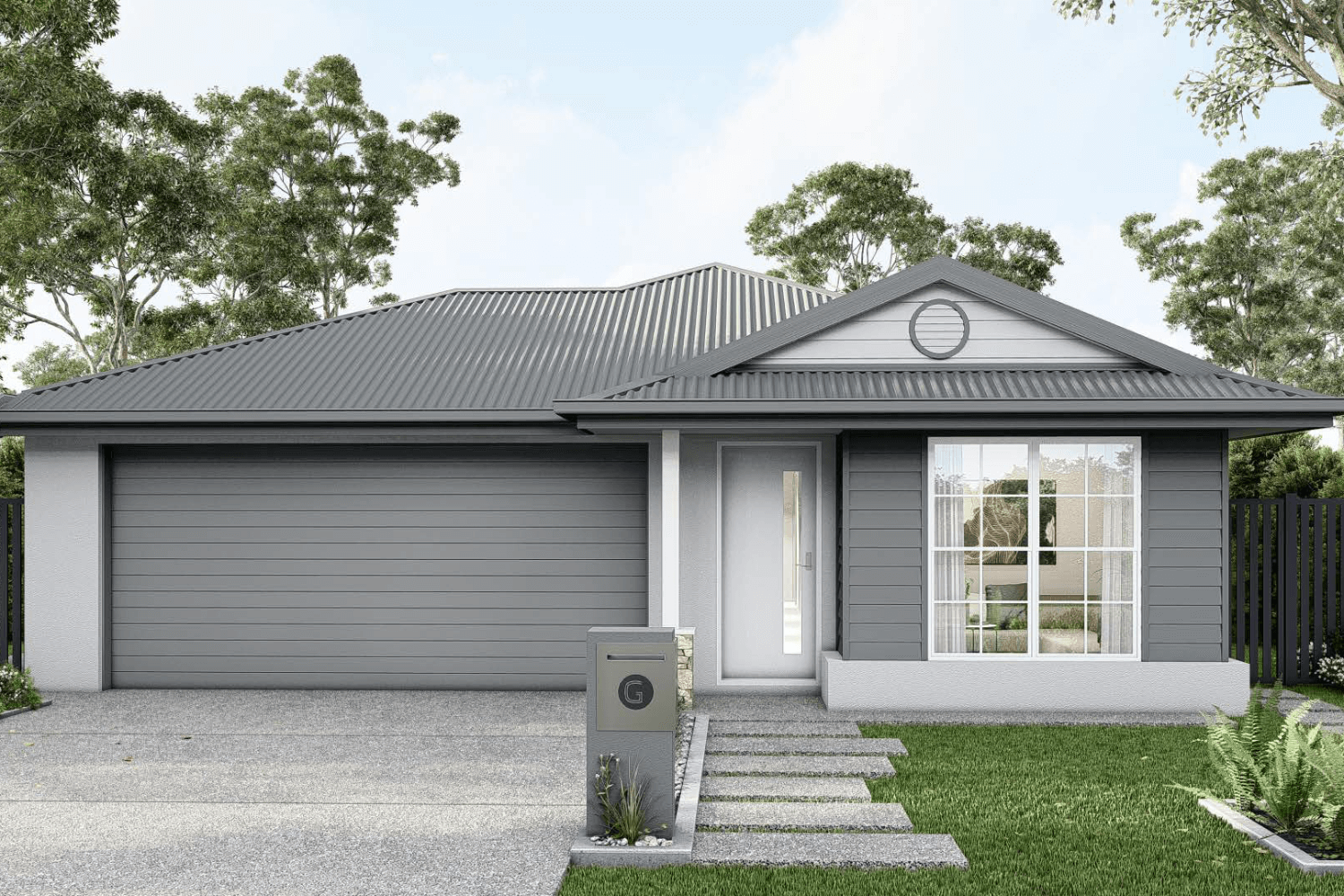
Investing in Special Disability Accommodation (SDA) properties offers promising returns, but understanding the true potential of these investments requires careful consideration of various factors. Misleading high-yield projections can lead to unrealistic expectations and financial strain. If you're ready to explore this streamlined approach, NDIS Property Australia is here to help.
Visit our Property page to learn more, or contact us directly to discuss your options with our thorough research and verifying investment assumptions and ensuring the quality and compliance of SDA properties. Understanding the local market demand, property specifications, and developer reputation helps mitigate risks. Make your investment journey easier and more profitable with NDIS Property Australia.



